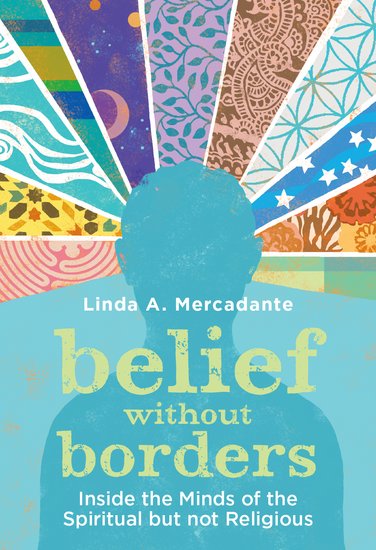
Spirituality, a new word for Religion?
In the past 50 years, there has been a debate about Spiritual vs Religious paths. Are self-help and spiritual seeking different from religion? The term “spiritual” often replaces the word “religious.” When people refer to spiritual seeking through self-help they are usually referring to finding alternative paths to spirituality rather than practicing traditional religions.
Much has been written about the distinctions of being spiritual vs. being religious. The term “spiritual” implies a desire for a personal and private connection to a higher power that is eclectic in nature, not dependant on one theology or one set of ritualistic practices.
I think spirituality is broader than theology or a set of values; it involves the soul and the cultivation of ones inner life, and its relationship to a reality and power beyond the self that provides meaning and direction to life. Steven Sundborg, a Jesuit priest says it this way, “Spirituality is our lived relationship with mystery.” The Humanistic movement promotes a spirituality without religion, which is individual, independent, involving no commitment.
Spiritual vs Religious, and Belief without Borders
Linda Mercadante, theology professor at the Methodist Theological School in Ohio, wrote Belief Without Borders: Inside the Minds of the Spiritual but not Religious. In this book, she explores the desire for a non-authoritarian structure, wherein liberal and ethical positions are affirmed, and the individual makes independent decisions and choices and receives benefits from the “universe” without having to make any commitment. A concern of being spiritual without any commitment to a tradition is whether the practitioner is just “making it up” along the way. Should there be some discipline beyond oneself that both informs and challenges individual thinking? 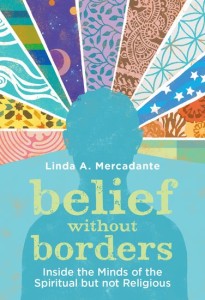 Many self-help professionals are in effect selling a system of discipline for spiritual seeking. In our next post, we will further discuss the difference between spiritual and religious seeking, and how to ensure that any spiritual search is meaningful and safe. Ultimately, while “mystery” cannot be quantified and the deepening of faith/spirituality may be beyond scientific measurement, it is still important for any self-help professional to practice in an ethical and safe manner, so that their consumers, followers, students are not at risk. The SEEK Safely Promise outlines those very standards.
Many self-help professionals are in effect selling a system of discipline for spiritual seeking. In our next post, we will further discuss the difference between spiritual and religious seeking, and how to ensure that any spiritual search is meaningful and safe. Ultimately, while “mystery” cannot be quantified and the deepening of faith/spirituality may be beyond scientific measurement, it is still important for any self-help professional to practice in an ethical and safe manner, so that their consumers, followers, students are not at risk. The SEEK Safely Promise outlines those very standards.

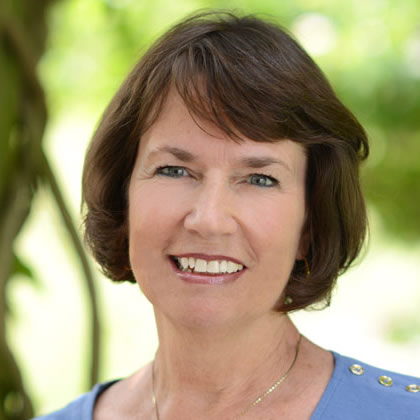



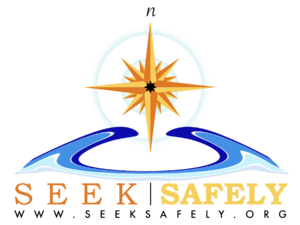
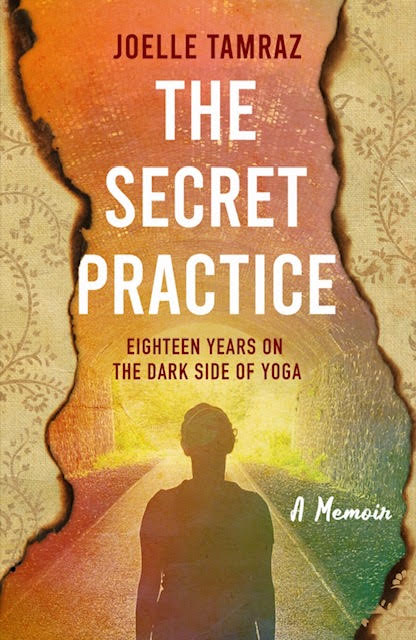

Ginny
Reading some of your works and came upon this essay on religious and spiritual. I recently came to another position. After many years with Various organized religionsUU’s Buddhists and Friends, I actually think less in either terms, Because meditation continues to be the center of my practice, I focus more on listening without judgement to others so that I may provide loving action to them and others. I try not to label any of it more than that. I’m trying to take out more words from my relationships by doing things directly ,more silently.( Hard for a chatterbox Irishman from Brooklyn)
It means more thinking on my part.
It means more understanding on my part
It means more caring on my part.
Anyway, I am now in my third year working with veterans at the Portland Veterans Hospital.
I have taken a break this year from over ten years working in Hospice .
Please give my regards to George and keep it up.
The “snake oil salesmen” are still out there,
Bob